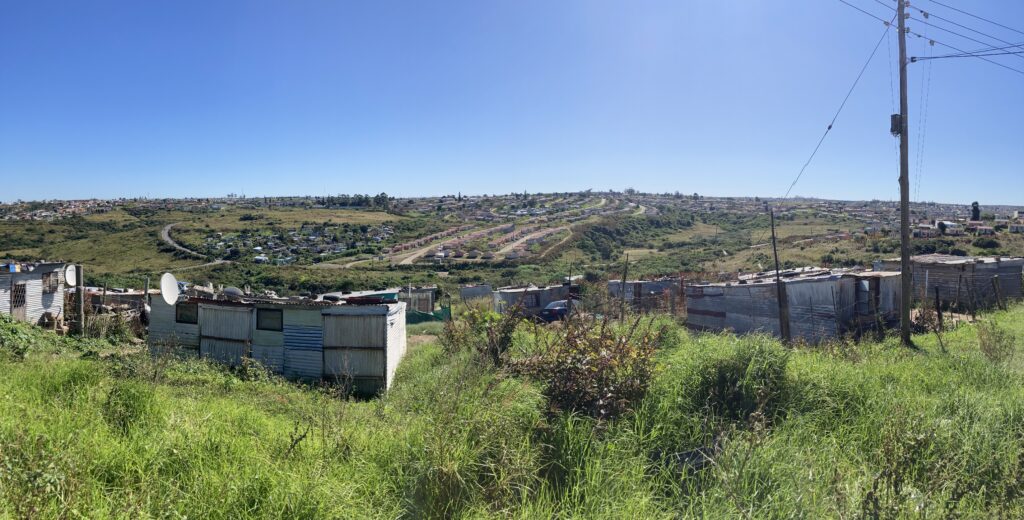South Africa’s Bold Shift in Human Settlements Policy: A New Era of Collaboration and Inclusivity
South Africa is embarking on a transformative journey with the unveiling of a new Human Settlements White Paper, replacing the long-standing Housing White Paper of 1994. This new policy heralds a pivotal shift from the government being the primary house developer —a practice that has evolved over the years— to assuming a more enabling, supportive, coordinating, and regulatory role. The objective is to foster and sustain viable and vibrant human settlements through robust collaboration with private sector stakeholders, civil society, and local communities in both ambitious and pragmatic ways.
Recognising the strides made in providing shelter for the underprivileged, the new policy takes a critical look at existing challenges. It confronts the harsh reality that millions still reside in inadequate conditions, often shaped by apartheid-era spatial segregation. Additionally, it addresses implementation gaps exacerbated by the pressures of population growth, urbanisation, and climate change.
Remarkably, the White Paper underscores the government’s commitment to a collaborative framework that transcends traditional boundaries. By engaging all spheres and arms of government alongside private sectors, civil society, and communities, it aims to establish funding mechanisms that empower civil society organisations in human settlement initiatives, particularly in social facilitation. Community-led initiatives are also embraced in the White Paper, recognising their pivotal role in co-creating sustainable human settlements.
Afesis is particularly pleased about the inclusion of Managed Land Settlement, a concept we have championed for over a decade, that works alongside site and service programmes. This initiative involves preparing land with basic services and tenure recognition ahead of need, enabling people to settle and build homes in an organised manner using their resources. Nevertheless, we express concern that the policy does not adequately outline ongoing support for households settling in this manner to progressively enhance their housing conditions.
We concur with the government’s assertion that achieving the vision of sustainable, spatially integrated, and inclusive human settlements requires more diligent effort. A holistic and synergistic approach is essential, demanding vigorous stakeholder engagement and coordinated action across sectors and districts. We at Afesis are eager to contribute to this mission through the ministerial stakeholder forum and various sub-working groups. These platforms will be instrumental in shaping the forthcoming Human Settlements Bill, the new Human Settlements Code, and the necessary revised programs and budgets.
As we navigate this new era of collaboration and inclusivity, the promise of reshaping human settlements in South Africa looms large. The commitment to partnership heralds a future where the goals of equity and integration can become a tangible reality.
END\\
For more information please contact Dr Ronald Eglin (Human Settlements Specialist – Afesis) at ronald@afesis.org.za
For media enquiries and other information, contact; Vusi Gqomose at (043) 743 3830, vusi@afesis.org.za.
